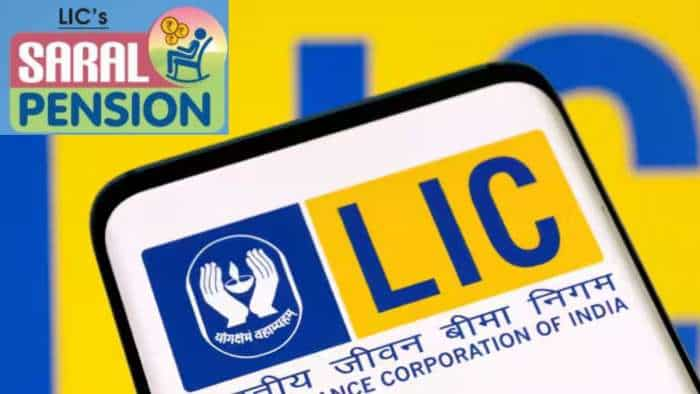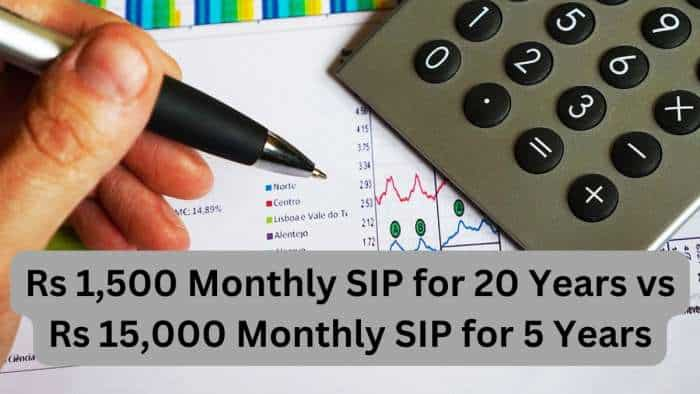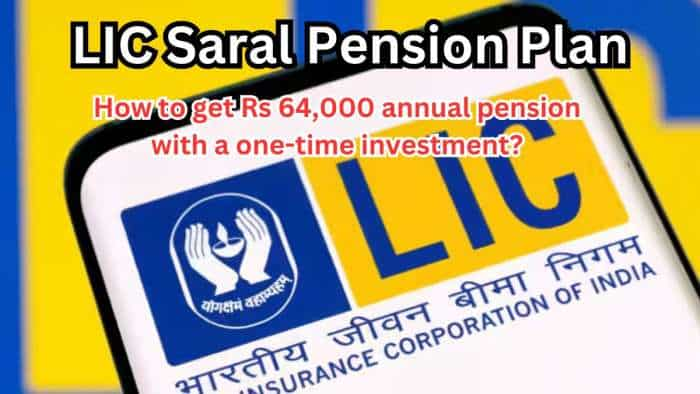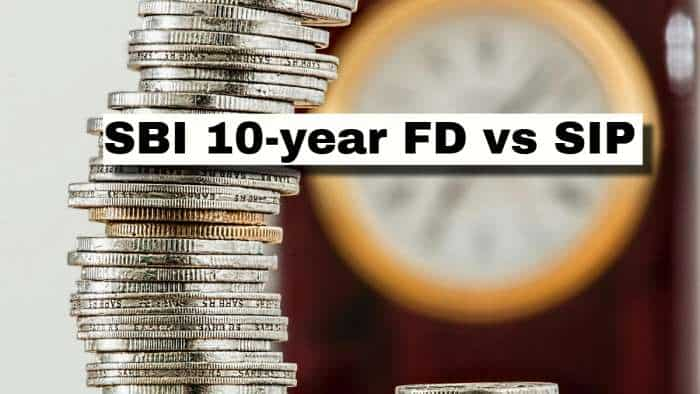Curious case of IRDAI allowing share premium as equity capital
The IRDAI had sent a certificate given by an accounting firm whereby ITI RE had brought in equity share capital of Rs 205 crore and Rs 102.50 crore towards securities premium account.

Did the Indian insurance regulator consider share premium as part of paid-up capital and issued the licence to operate to a private reinsurer?
It seems so, as per the recent answers given by the Insurance Regulatory and Development Authority of India (IRDAI) to a series of questions raised under the Right to Information (RTI) Act about ITI Reinsurance Limited (ITI RE) and also as per its Annual Reports.
For starters, the minimum capital required for a private reinsurance company is Rs 200 crore.
However, IRDAI had asked ITI RE to bring in an additional capital of Rs 300 crore - Rs 100 crore before granting of licence to operate and another Rs 200 crore within three months of granting of the licence or March 31, 2017 whichever is earlier.
The ITI Re was given licence to transact reinsurance business -- general, life and health -- on December 30, 2016.
As per the IRDAI`s annual reports for FY17, FY18 and FY19 the equity share capital of ITI Re was only Rs 268.94 crore.
However, to a question raised under the RTI Act, the IRDAI had sent a certificate given by an accounting firm whereby ITI RE had brought in equity share capital of Rs 205 crore and Rs 102.50 crore towards securities premium account.
"By no stretch of imagination that the share premium amount be taken into account as part of the minimum paid up capital requirement of an insurance or reinsurance company either under the Insurance Act or the Companies Act," D. Varadarajan, a Supreme Court lawyer specialising in Insurance and Corporate Laws and a Member on KPN Committee on Insurance Laws Reforms told IANS.
The term paid up capital cannot be allowed to subsume the amount standing in the share premium account, he said.
"Hence, both are distinct and separate and not be construed as mutually inclusive. Both under the IRDAI Regulations on preparation of financial statements and Companies Act, paid-up share capital falls under the head share capital, whereas share premium would fall under the head reserves and surplus. Further, the statute also makes provisions in regard to utilisation of share premium amounts for specific purposes only," Varadarajan explained.
According to him, rudimentary knowledge of law, regulations and settled accounting principles cannot fathom treatment of share premium amount as paid up capital for determining the threshold limit of capital requirement of an insurance or reinsurance company.
"It is Utopian or self-serving interpretation to accord `pari materia` treatment in the teeth of extant statutory and regulatory dispensation," he remarked.
Be that as it may, the IRDAI for another RTI query had annexed a letter written by ITI RE, wherein the reinsurer on March 31, 2017 had said it had infused an additional capital of Rs 200.05 crore thereby taking the total equity capital to Rs 407.65 crore and a subordinated debt of Rs 100 crore and the total capital to Rs 507.65 crore.
Curiously, the IRDAI`s annual reports for FY17 -FY19 clearly states the equity share capital of ITI RE was only Rs 268.94 crore.
The IRDAI declined to answer the RTI query on the compelling reasons for considering ITI RE`s licence application with the company bringing in about Rs 300 crore as capital than the requested Rs 500 crore.
The Insurance Regulator said it has no information on allowing any insurer to bring initial equity shares at a premium, thereby circumventing the provisions of Section 6A(1) of the Insurance Act.
The IRDAI also said it does not have any information whether any committee of its officers was formed to process the R2 application of ITI RE.
To the RTI query on the statutory returns for reinsurers for the years 2017, 2018 and till April 2019, the IRDAI sought an exemption from providing the same.
The Insurance Regulator also said it does not have information about the CEO and key managerial persons of ITI RE for the years 2017 and 2018.
The ITI RE did not transact any business since it was given the licence in 2016. The company`s board decided to surrender the licence to IRDAI in 2019 and the latter cancelled the same.
Incidentally the first Chairman of IRDAI N.Rangachary had recently said it is time to do a review of IRDAI.
"It is time to do a review of IRDAI. It is more than two decades since IRDAI came into existence. As a matter of fact, every regulatory organisation should be reviewed at regular intervals," Rangachary told IANS.
It was Rangachary who had paved the regulatory path for the sector as the first head of IRDAI.
"There should be a review committee to go into all regulatory aspects. It is time to see whether the original goal of forming the regulatory body has been fulfilled and if not, the action to be taken," Rangachary suggested.
Get Latest Business News, Stock Market Updates and Videos; Check your tax outgo through Income Tax Calculator and save money through our Personal Finance coverage. Check Business Breaking News Live on Zee Business Twitter and Facebook. Subscribe on YouTube.
RECOMMENDED STORIES

LIC Saral Pension Plan: How to get Rs 64,000 annual pension on Rs 10 lakh one-time investment in this annuity scheme that everyone is talking about

Rs 1,500 Monthly SIP for 20 Years vs Rs 15,000 Monthly SIP for 5 Years: Know which one can give you higher returns in long term

LIC Saral Pension Plan: How much should you invest one time to get Rs 64,000 annual pension for life?

Income Tax Calculations: What will be your tax liability if your salary is Rs 8.25 lakh, Rs 14.50 lakh, Rs 20.75 lakh, or Rs 26.10 lakh? See calculations

8th Pay Commission Pension Calculations: Can basic pension be more than Rs 2.75 lakh in new Pay Commission? See how it may be possible

SBI Revamped Gold Deposit Scheme: Do you keep your gold in bank locker? You can also earn interest on it through this SBI scheme
12:02 PM IST











 Top 6 things one should watch out for while buying health insurance policy for senior citizens
Top 6 things one should watch out for while buying health insurance policy for senior citizens What is insurance misselling? What should you do if you fall victim to it?
What is insurance misselling? What should you do if you fall victim to it? Agents may not be able to mislead customers about insurance policies after Consumer Ministry gives this suggestion
Agents may not be able to mislead customers about insurance policies after Consumer Ministry gives this suggestion First phase pilot of Risk Based Supervision from next month: Irdai
First phase pilot of Risk Based Supervision from next month: Irdai Irdai directs insurers to fast-track claim settlement process due to Biparjoy
Irdai directs insurers to fast-track claim settlement process due to Biparjoy